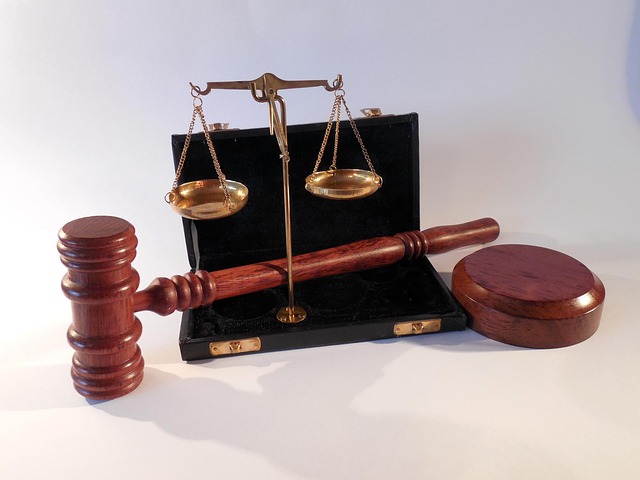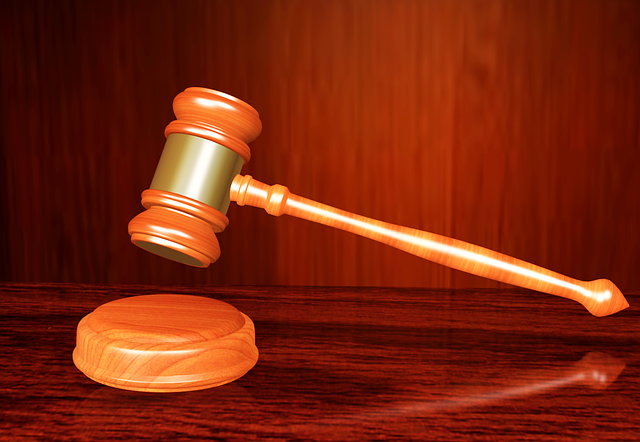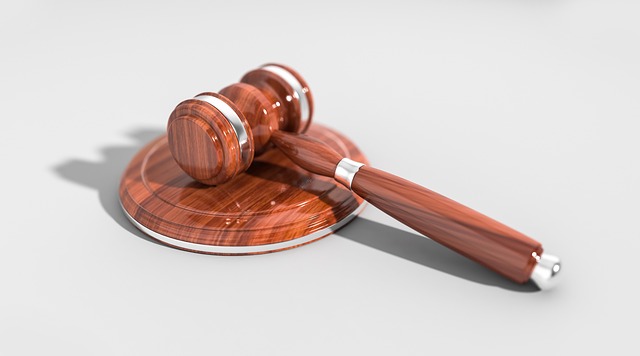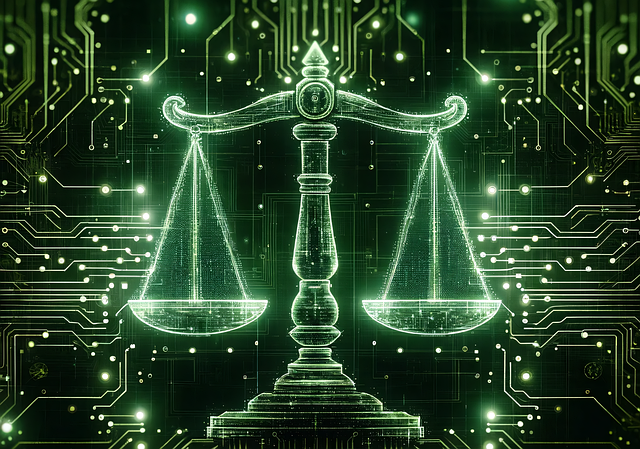RF Regulatory Agency investigations ensure adherence to RF standards and public safety by rigorously scrutinizing suspected violations, including radio frequency interference and unsafe electromagnetic field exposure. Understanding this process is vital for individuals facing personal injury claims or legal repercussions related to RF emissions. To file a claim, claimants should gather detailed evidence, consult legal counsel specializing in telecommunications law, and develop a robust defense strategy based on applicable regulations and expert opinions. A proactive approach, coupled with strong legal defenses, can lead to the dismissal of charges.
“RF Regulatory Agency Investigations: A Comprehensive Guide for Understanding and Navigating Legal Proceedings In an era where radio frequency (RF) technology permeates daily life, regulatory agencies play a crucial role in ensuring safety. This article delves into the intricate world of RF investigations, elucidating common triggers, demystifying the personal injury claim process, and offering strategic insights for effective navigation. Learn how to file a compelling personal injury claim, understand your rights, and prepare for potential RF agency involvement.”
- Understanding RF Regulatory Agency Investigations
- Common Reasons for RF Regulatory Agency Involvement
- The Personal Injury Claim Process in Relation to RF Investigations
- Strategies for Navigating RF Regulatory Agency Proceedings
Understanding RF Regulatory Agency Investigations

RF Regulatory Agency Investigations are a critical process aimed at ensuring compliance with radio frequency (RF) standards and regulations. These investigations play a pivotal role in safeguarding public safety, protecting the environment, and fostering fair competition among businesses. When an alleged violation is suspected, individuals or corporate entities may face stringent scrutiny from these agencies. Understanding how these investigations work is essential for anyone looking to navigate such situations, especially when considering a How to File a Personal Injury Claim.
The process typically involves a comprehensive review of documents, equipment, and operations related to RF emissions. Regulatory bodies, with their expertise in telecommunications and related fields, analyze data to determine if there’s a breach of established guidelines. This includes assessing radio frequency interference, ensuring devices meet safety standards, and investigating reports of adverse health effects linked to RF exposure. The investigations cater to both white-collar and economic crimes, spanning across the country to ensure consistency in enforcement.
Common Reasons for RF Regulatory Agency Involvement

RF Regulatory Agency Investigations often arise due to violations of wireless communication laws and regulations, which can stem from a variety of sources. One common reason for involvement is the violation of radio frequency (RF) emission standards. Devices emitting at levels above permitted limits or outside designated bands can trigger an investigation. Another significant area is safety concerns related to electromagnetic field exposure, especially in cases where products may pose risks to human health.
Additionally, agencies delve into inquiries when there are reports of interference with critical communication systems, such as those used by emergency services. Unlicensed operation of wireless devices or equipment in restricted frequency bands can lead to regulatory action. Furthermore, investigations may occur due to complaints about unfair business practices, including misrepresentations regarding product compliance or safety. For individuals facing potential legal repercussions, understanding How to File a Personal Injury Claim is essential, aiming for a complete dismissal of all charges, while businesses must focus on ensuring strict adherence to regulations to avoid indictment.
The Personal Injury Claim Process in Relation to RF Investigations
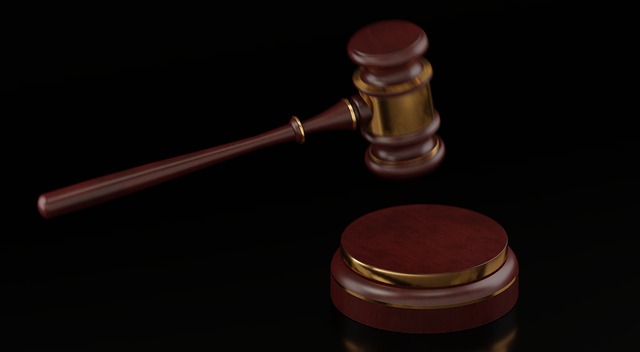
When a personal injury claim involves RF (radio frequency) exposure or related regulatory concerns, understanding the investigative process is paramount. The first step for individuals seeking compensation is to How to File a Personal Injury Claim by gathering comprehensive evidence and documenting all relevant details surrounding the incident. This includes medical records, expert opinions on RF exposure risks, and any applicable regulations that might have been violated.
As investigations progress through various stages of the investigative and enforcement process, legal counsel specializing in high-stakes cases can be invaluable. Their expertise ensures that every aspect is thoroughly examined, and all potential avenues for a complete dismissal of all charges are explored. This proactive approach is crucial when dealing with complex regulatory agencies and their findings.
Strategies for Navigating RF Regulatory Agency Proceedings
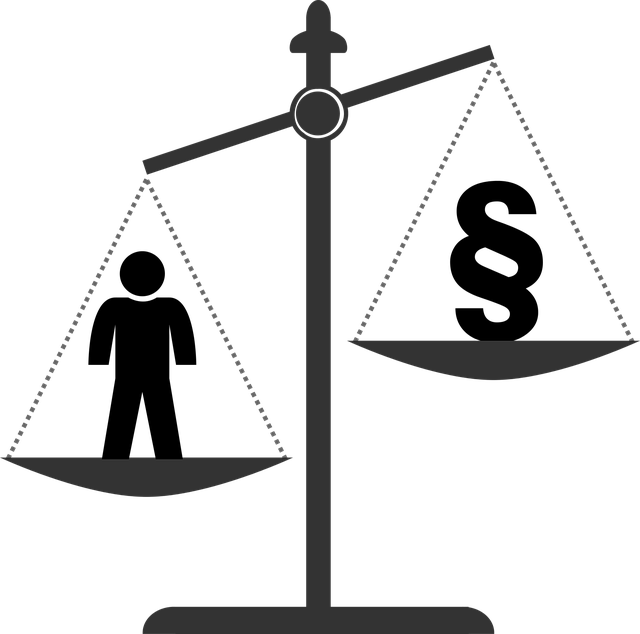
Navigating RF Regulatory Agency proceedings requires a strategic approach to ensure the best possible outcome. The first step is to understand the specific allegations and regulations at play. Engaging with a legal team experienced in RF and telecommunications law is crucial, as they can provide insights into the agency’s expectations and potential pitfalls. A thorough review of all relevant documentation and data is essential to build a robust defense strategy.
When facing potential charges or investigations, it’s important to remember that How to File a Personal Injury Claim principles also apply. This includes documenting and preserving evidence, gathering expert opinions if necessary, and preparing detailed responses to any queries from the regulatory agency. A proactive and transparent approach can often lead to a complete dismissal of all charges, especially when coupled with a strong general criminal defense or white-collar defense strategy.
RF Regulatory Agency investigations can be complex, but understanding the process and knowing your rights are essential. Whether due to equipment malfunctions or exposure to radiofrequency radiation, these inquiries often lead to personal injury claims. If you’ve been affected, familiarizing yourself with How to File a Personal Injury Claim is crucial. By employing strategic navigation techniques throughout the proceedings, individuals can ensure their rights are protected and seek the justice they deserve.
